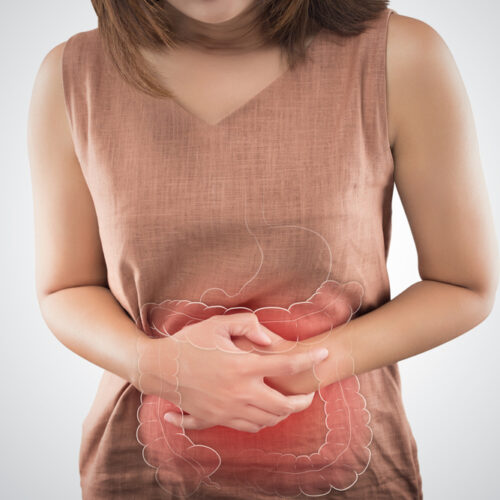Make vitamins and calcium a part of your diet to keep arthritis at bay
Arthritis affects your joints as the joints are the places in your body where the pressure of your body or work gets absorbed and evenly distributed. Hence it is mandatory to have your weight in control and in proportion to your height. Having said that, arthritis does not have any real cure on its own, it becomes mandatory to keep a tab on your lifestyle habits.

Calcium
Every time your heart pumps blood or every time your muscle contracts, your body has to use calcium. Your body gets this calcium from the bones; hence you can imagine the amount of calcium needed in order to maintain the robustness of the bones. Have supplements or diets that are especially rich in calcium. The intake should significantly increase when you are pregnant and after child birth.
Vitamin D
Vitamin D has often been associated with building bones. Vitamin D significantly reduces bone loss and can increase bone density. You can have them in supplement form or in foods like fortified milk and oranges.
Glucosamine
Glucosamine is found in your body in between the bone cartilage. They act like a soft tissue and help in avoiding the friction when two bones meet or work together. Naturally, a reduction in glucosamine levels can lead to joint pain and can cause inflammation. Try to get these supplements naturally from the shells of shrimp, lobster, and crabs rather than from medications.
Chondroitin
Chondroitin is another supplement that is found naturally in the bones. It is believed to have shock absorbing properties and can put a check on the enzymes that control the bone breakage. They are also very beneficial in keeping the joints lubricated and can aid your joints in performing the free range of movements.
Omega – 3 Fatty acids
Omega-3 fatty acids are widely researched upon in recent times and their benefits are simply amazing. They are considered as one of the safest forms of nutrients and supplements, and they have an enormous cleansing effect on the body as a whole. They are found in walnuts, soya beans, and seafood such as salmon and tuna.











